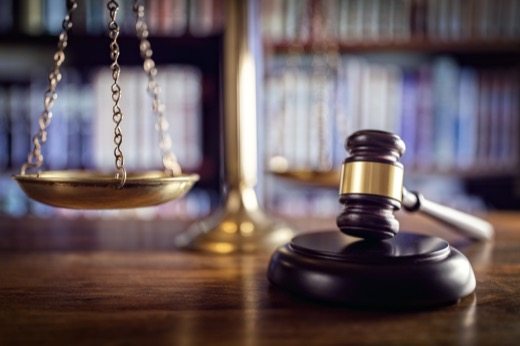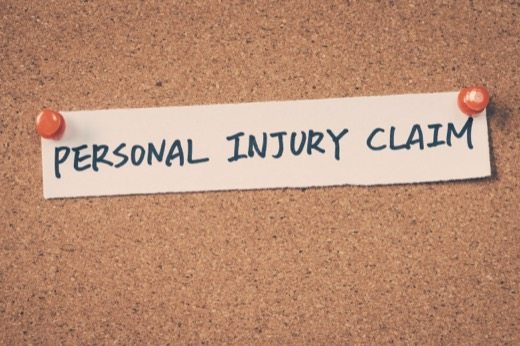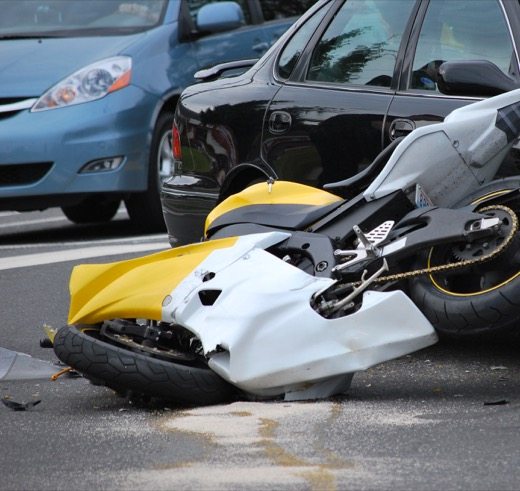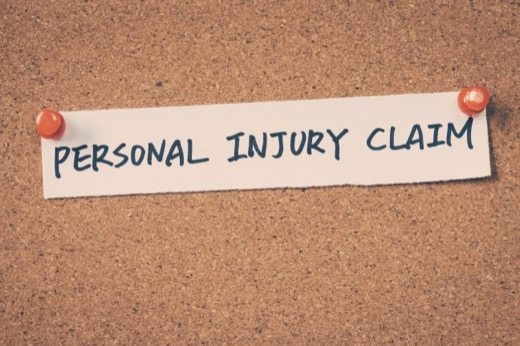Suing for Boat Accident Injuries in Florida
Every year, the U.S. Coast Guard gathers statistics on recreational boating accident reports filed by boat operators. Every state submits accident report data to the U.S. Coast Guard. According to statistics compiled annually by the Coast Guard, in 2015 recreational boating caused:
4,158 accidents;
626 deaths;
2,613 injuries; and
Approximately $42 million dollars in property damage.
The top five factors contributing to boating accidents were:
Inattentive boat operators;
Inexperienced operators;
Improper lookout;
Machinery failure; and
Excessive speed.
Other major causes of boat accidents include:
Capsizing;
Overloading or improper loading;
Man overboard;
Ignoring weather;
Unsafe fuel practices;
Passenger/skier behavior;
Weather;
Reckless operation;
Failure to yield;
Congested waters;
Hazardous waters;
Alcohol use; and
Carbon monoxide poisoning.
Accidents can and often do cause serious injuries. When someone is injured he or she may need to sue the boat owner and/or insurance company to recover medical costs, lost wages, and other expenses incurred while recuperating from an accident.
Boating legal requirements
In many states children as young as 12 are legally permitted to operate personal watercraft. The type of vessel and magnitude of its power may be limited for minors, but the fact remains that people considered too young to operate a motor vehicle on land are allowed to operated motorized watercraft.
The great majority of states have laws requiring that boat operators attend a safety course before being certified and being granted a license to operate watercraft. Also, most states and the federal government require that boat accident be reported.
Florida law mandates that a person convicted of a criminal violation or a non-criminal infraction resulting in a boating accident or two non-criminal infractions within a 12-month period must successfully complete education requirements. Until the requirements are met, the person is prohibited from operating a boat. Any violation of the law can result in a conviction a second degree misdemeanor.
Accidents Must Be Reported
Federal law requires the operator or owner to file a boating accident report with the state reporting authority when an occurrence involving a boat or its equipment results in:
A person’s death;
A person disappearance from the vessel under circumstances that indicate death or injury;
A person’s injury that requires more medical treatment than first aid;
Damage to vessels and other property totaling $2,000 or more; and
The destruction of the boat.
Florida accident reporting laws require that a boat operator involved in an accident report the accident to either Florida Fish and Wildlife Conservation Commission, the sheriff of the county where the accident occurred, or the police department of the municipality in which the accident occurred when the accident causes:
A death or disappearance of a person;
An injury causing a person to require medical attention beyond first aid; or
Damage to the vessel and other property of $2,000 or more.
An operator involved in a boating accident must:
Stop his or her boat immediately at the scene of the accident;
Give assistance to anyone injured in the accident unless the action would endanger his or her own vessel, crew, or passengers; and
Give in writing his or her name, address, and identifying number of his or her boat to the other boat’s operator and/or owner of damaged property.
Failure to report an accident and failure to render aid are both criminal offenses.
Also, the law may impose a time period as short as 24 to 48 hours after an accident during which a report must be filed with authorities, particularly where the accident involves:
Death;
Disappearance of a person; or/and
Serious injury.
In Florida a boating accident report must be filed within 10 days of the accident–within 48 hours if death occurs or someone’s injuries are severe enough to necessitate medical treatment beyond first aid.
Reports generally require the name of the boat operator and details about the accident, including location where the accident happened, names and contact information on all passengers, losses such as injuries, loss of life, and property damages. The operator may have to summarize the facts of the incident, including date, time, place, people involved, and a description of the accident.
Leaving the Scene of a Boat Accident
Some states are enacting or strengthening boating laws to require that an operator involved in an accident stay at the scene and not leave, bringing the seriousness of and punishment for the offence up to par with leaving the scene of an auto accident.
The law in Florida requires that when a boat operator has been involved in an accident resulting in serious injury to or the death of a person, the operator must stop the vessel at the scene of the accident and remain there until medical care and/or law enforcement officials arrive.
Possible Liability
An operator involved in a boat accident may be charged with a crime such as manslaughter. The state may bring criminal charges if the operator was under the influence of alcohol or other controlled substance, if he or she operated the boat recklessly or negligently. Criminal charges can result in large fines and/or jail time if the operator is convicted.
Also, the operator could face civil liability and be found liable for medical expenses, property damages, and other losses.
Was There Negligence?
In general, personal injury law will be applied in boat accident cases. Personal injury law recognizes that where a person owes another person a degree of care and has been negligent in maintaining that standard of care, the person may be liable when the other person suffers injury.
Accident law, or personal injury law, does not require that a person intend to injure the other person. The law asks:
Did the person owe a legal duty of care to the injured party?
Did the person fail to fulfill that legal duty through act or omission?
Did the person cause an accident?
Was someone injured or harmed in the accident?
Duty of Care
With the question of negligence, the standard of care is whether the parties acted reasonably under the circumstances. Did the boat operator, for instance, make sure to equip the boat with an adequate number of safety vests? Did the owner operate the boat at a reasonable speed?
The standard is subjective, which may account for the great differences in personal injury case judgments. The jury must take into account and weigh all the variables legally presented in the case and decide whether, in the example given, the host is solely responsible, the injured party is to blame, or the responsibility should be apportioned between the two parties, depending on each person’s degree of culpability.
Damages
Compensatory and punitive damages can be awarded in personal injury accident cases. Just as fault may be apportioned between the parties, so may the damage award.
If you have been injured in a boat accident, take the time to schedule a free consultation with the personal injury attorneys at Madalon Law. We are dedicated personal injury attorneys in Ft. Lauderdale who know how to put forward the best case for you. We are based in Fort Lauderdale and serve clients throughout Florida. Contact us today!














